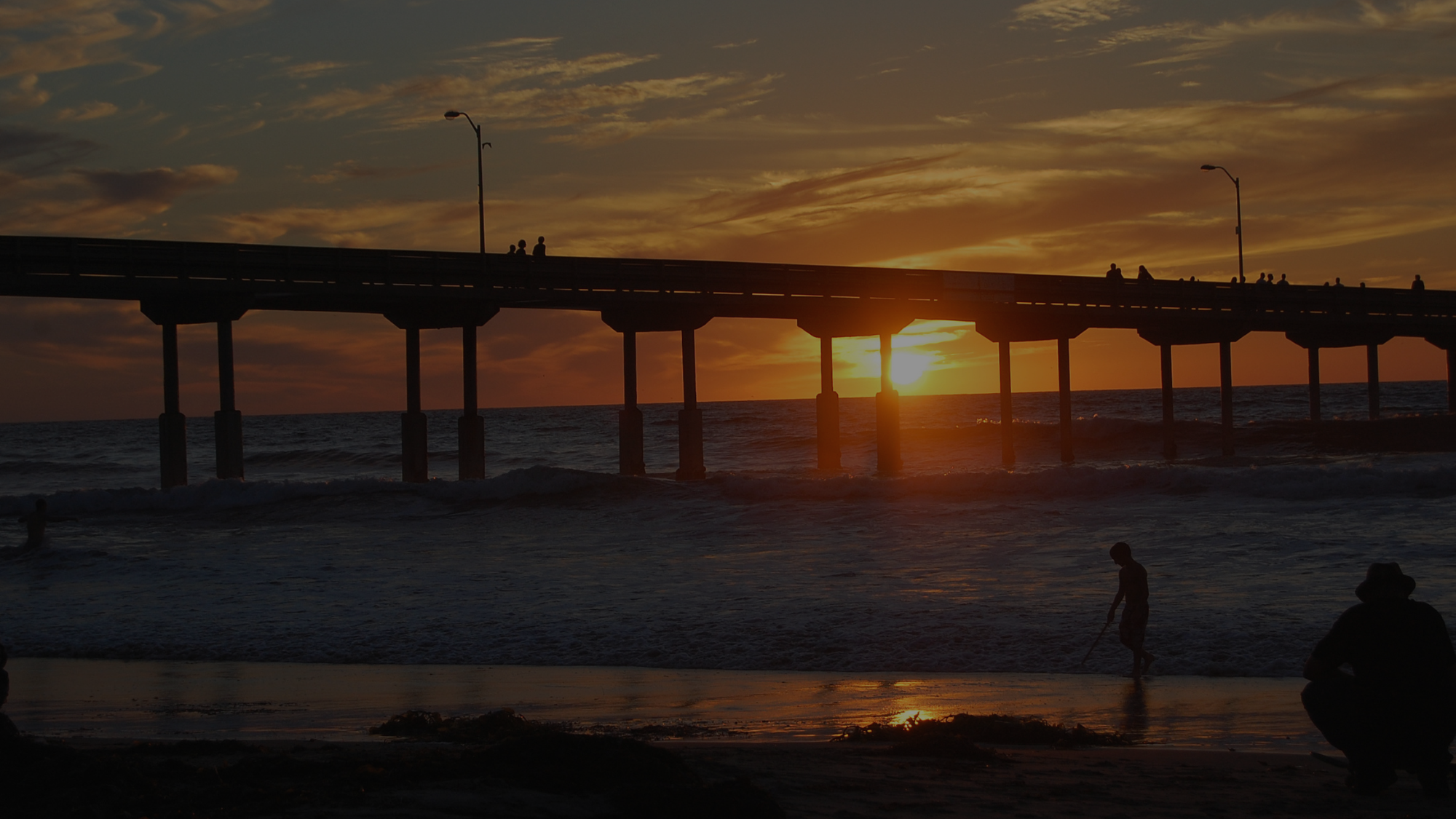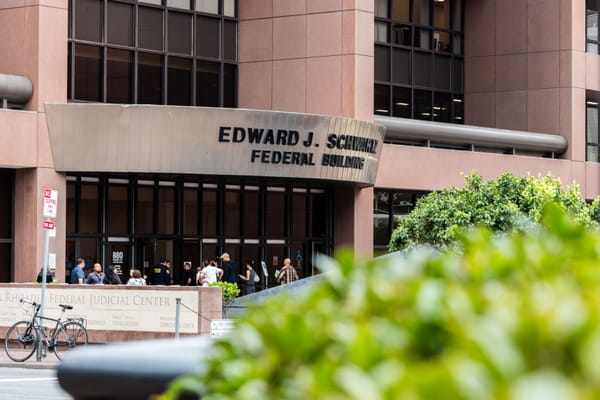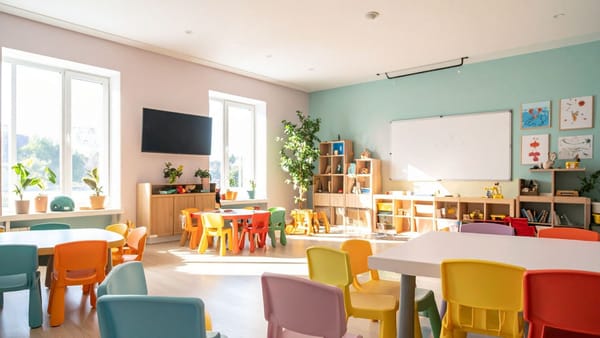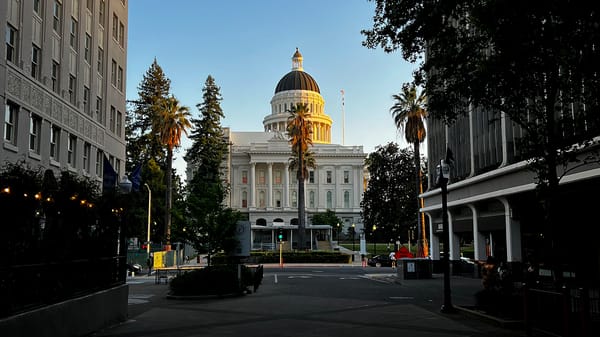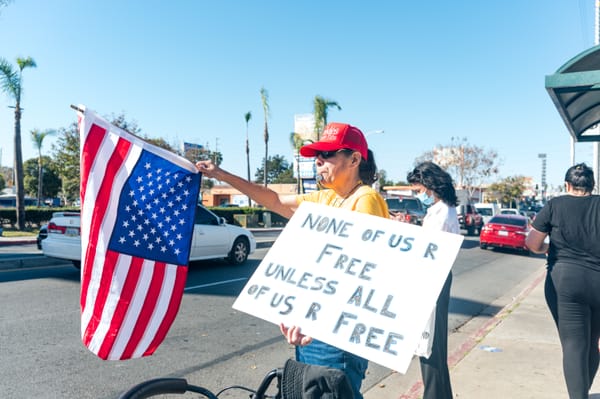AANHPI leaders urge San Diegans to remember community's struggles during heritage month celebrations
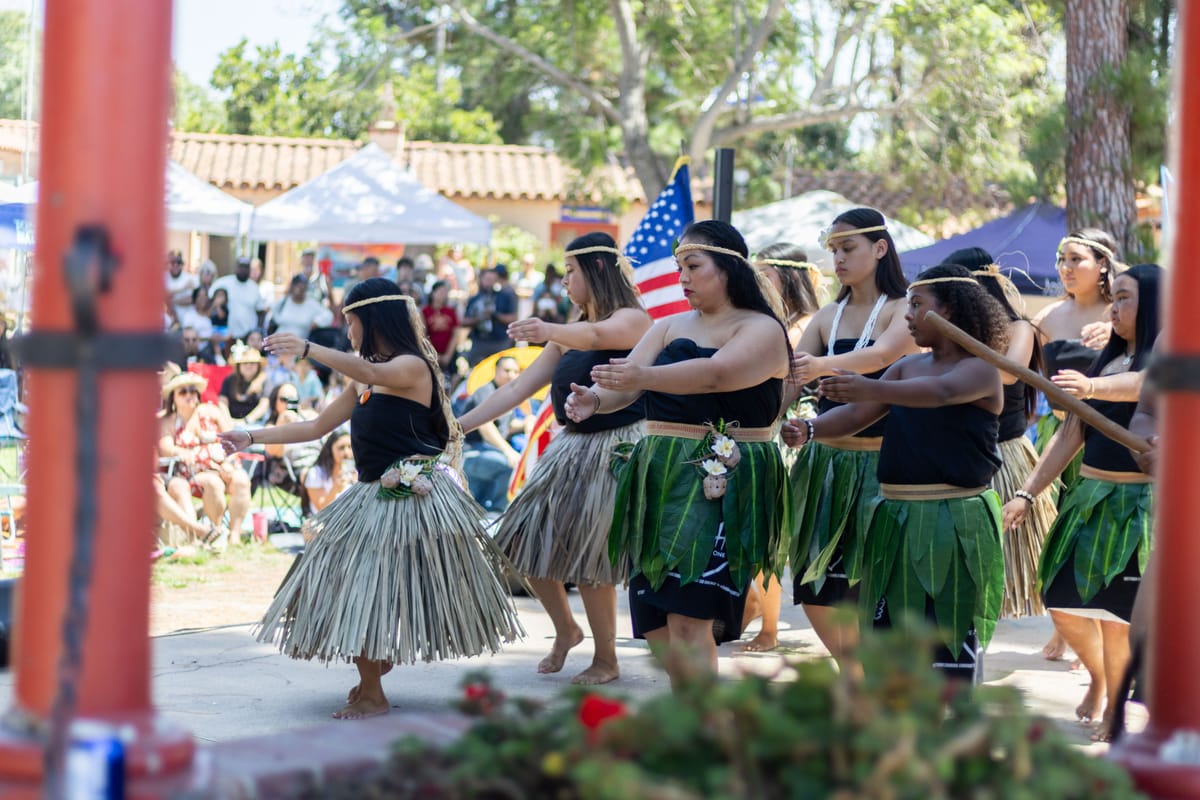
Months into President Donald Trump’s second term marked by the slashing of diversity initiatives, Asian American, Native Hawaiian and Pacific Islander leaders say San Diego needs better mental health programs and push for more to join anti-hate initiatives and the fight for lasting inclusion.
Written by Lauren J. Mapp, Edited by Kate Morrissey
As San Diegans across the county celebrate Asian American and Native Hawaiian/Pacific Islander (AANHPI) Heritage Month with film festivals, educational lectures and cultural celebrations, many are also grappling with a sense of urgency — and unease — as the Trump administration slashes diversity programs and funding.
Yet even as political tensions cast a shadow over this year’s observance, local leaders say the month remains an important opportunity to uplift community voices to foster a better understanding of the many cultures and experiences represented throughout the region.
For San Diego Foundation senior director of strategic initiatives Amenah Gulamhusein, the heritage month is a time to learn about the wide variety of cultures under the AANHPI umbrella, and to build meaningful connections with community members across cultural divides.
“I've always been really excited about this month because it is an opportunity to celebrate our culture, our heritage and the diversity of communities that are here in San Diego,” said Gulamhusein, who identifies as South Asian.
A 2024 study from the San Diego Foundation and the Policy & Innovation Center found that San Diego is home to more than half a million AANHPI residents, a little more than 16% of the county's population. San Diego has the seventh largest AANHPI-identifying population in the country, with community members identifying with at least two dozen ethnic groups.
The origins of the heritage month date back to 1976 when a Chinese American woman named Jeanie Jew saw that contributions from Asian and Pacific Islander Americans were excluded from the U.S. bicentennial celebrations. Jew — whose great-grandfather moved to the United States in the 1800s — told Rep. Frank Horton about her idea to create a week to honor Asian Pacific Americans, following the already-established Black History Month and Hispanic Heritage Week.
In 1977, resolutions to name the first 10 days of May as Pacific/Asian American Heritage Week failed in both the House of Representatives and the Senate, according to the Library of Congress. A year later, a resolution passed both houses, and then-President Jimmy Carter signed it into law.
Since then, the week-long celebration was expanded to cover the entire month of May, and was later designated as Asian/Pacific American Heritage Month in 1992. During his first year in office, former President Joe Biden included the Native Hawaiian community.
May was selected as the AANHPI Heritage Month to commemorate the arrival of the first Japanese immigrants on May 7, 1843, and the May 10, 1869, completion of the transcontinental railroad, the tracks of which were largely laid by Chinese workers.
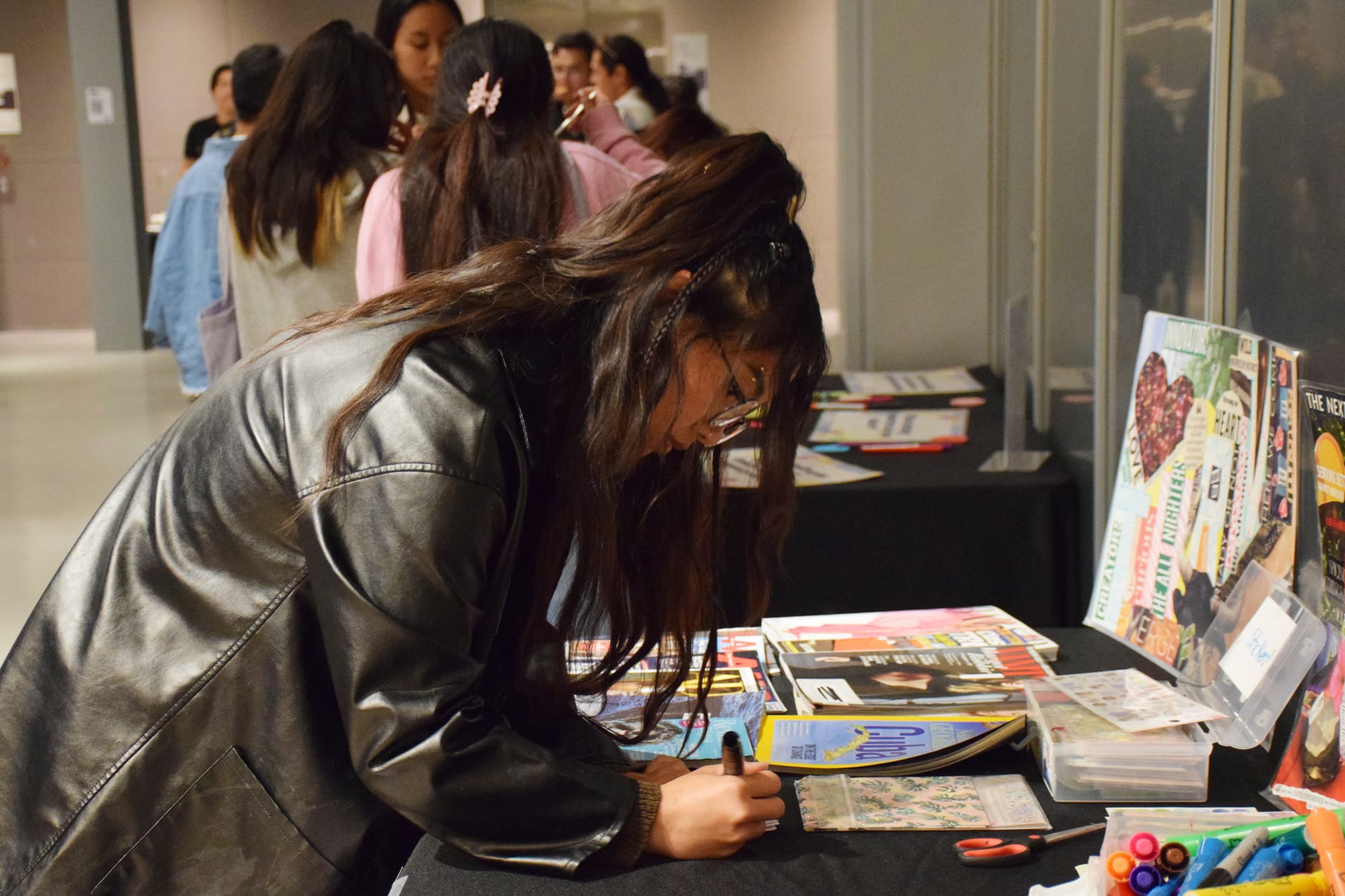
Although he issued proclamations to celebrate AANHPI Heritage Month during his first term, President Donald Trump has curtailed programs focused on diversity, equity and inclusion in his second. Meanwhile, his secretary of defense, Pete Hegseth, ended recognition of cultural awareness months at the Pentagon.
Trump’s actions since coming back into office have reminded Kirin Macapugay of the hateful rhetoric against the Asian community during the onset of the COVID-19 pandemic. That meant living with the same fears and anxieties she experienced back then, she said.
Macapugay is Indigenous Kalinga and Bontoc from the Phillipines and serves as vice chair of the California Commission on Asian and Pacific Islander American Affairs. She is also an associate professor at San Diego City College.
“At that time, you had (a president) who literally changed the rhetoric and used the term ‘Chinese flu, ” she said. “I had friends who were verbally and physically attacked, assaulted by folks who were blaming them for COVID.”
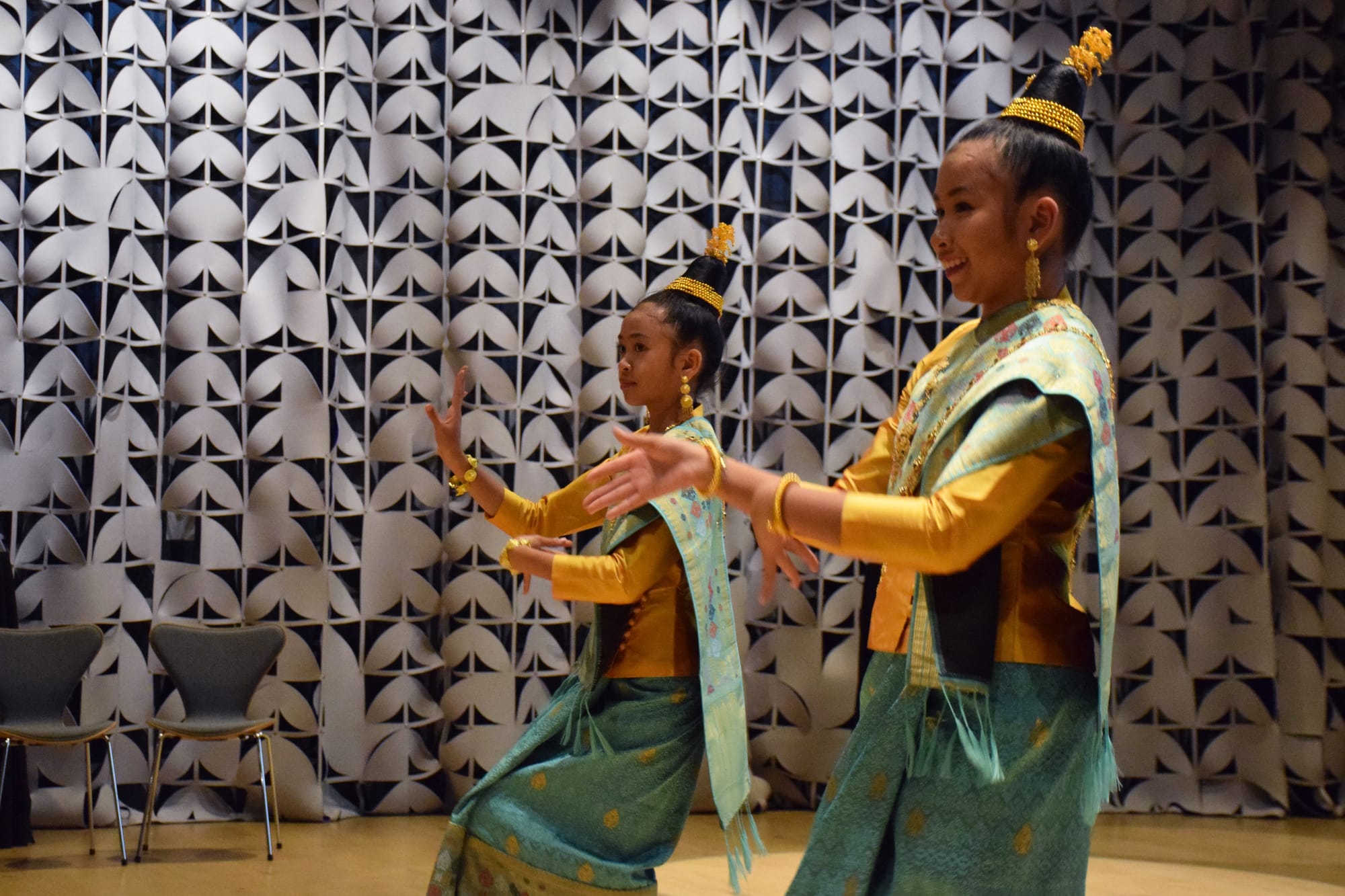
The Stop AAPI Hate reporting center, which launched in March 2020 in response to increased hate crimes against Asian and Pacific Islander community members, Asian Americans and Pacific Islanders reported 11,467 hate incidents over a roughly two year period from March 19, 2020 through March 31, 2022.
In the early weeks of the spread of the coronavirus around the world, many Asian- and Pacific Islander-owned businesses saw stark drops in customers, especially in the Convoy District, San Diego API volunteer Kathleen Dang said.
“During the first couple months when people were hearing about COVID, people were making the assumption that this is an Asian neighborhood, therefore they're bringing COVID into San Diego,” said Dang, whose family ancestry is from Vietnam and China.
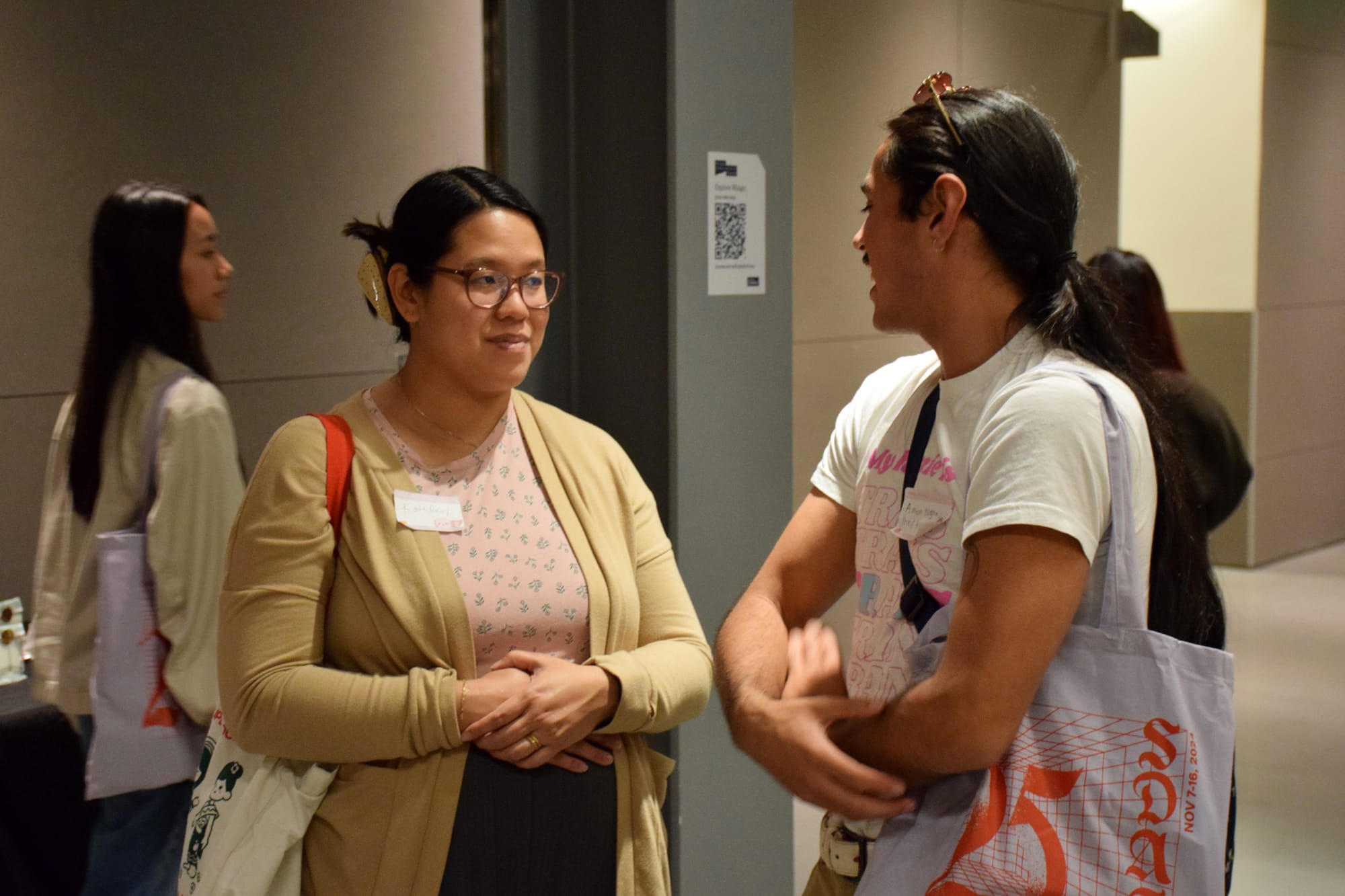
In a report published last year, the San Diego Association of Governments found a 39% increase in hate crimes between 2022 and 2023. Of the 58 incidents where the victim’s race or ethnicity was a key factor, 5% of motivations were anti-Asian.
“I would hope that the community does better in teaching people on how we should care about each other and support, and not go down these paths of spreading hate towards other people just because they're different than you,” Dang said.
Too often, heritage months can focus on the pageantry of food and other palatable cultural motifs while ignoring the historical and ongoing struggles community members face, said JoJo Ruanto-Ramirez, an assistant professor overseeing the Asian Studies program at Southwestern College and Asian and Pacific Islander Relations commissioner for the county.
“I think the heritage month should be a launching point to address the need for ethnic studies in our classrooms, and not be sort of regulated to the food, fun and festivities that are often seen as part of just a month,” they said.
Ruanto-Ramirez said it’s also important to honor the intersectionality that community members experience. For example, they identify as a queer, Indigenous person from the Philippines. Their dad is Ilokano, Ifugao (Igorot) and Fukkien/Hokkien Chinese, and their mom is Sambali, Sambal-Ita (Aeta) and Iranun (Moro).
“Because we (as Indigenous people) have a different racial category and ethnic identity, some of the things that we think about as ‘Filipino culture’ or ‘Filipino identity’ is something that we don't really actually subscribe to as much,” Ruanto-Ramirez said.
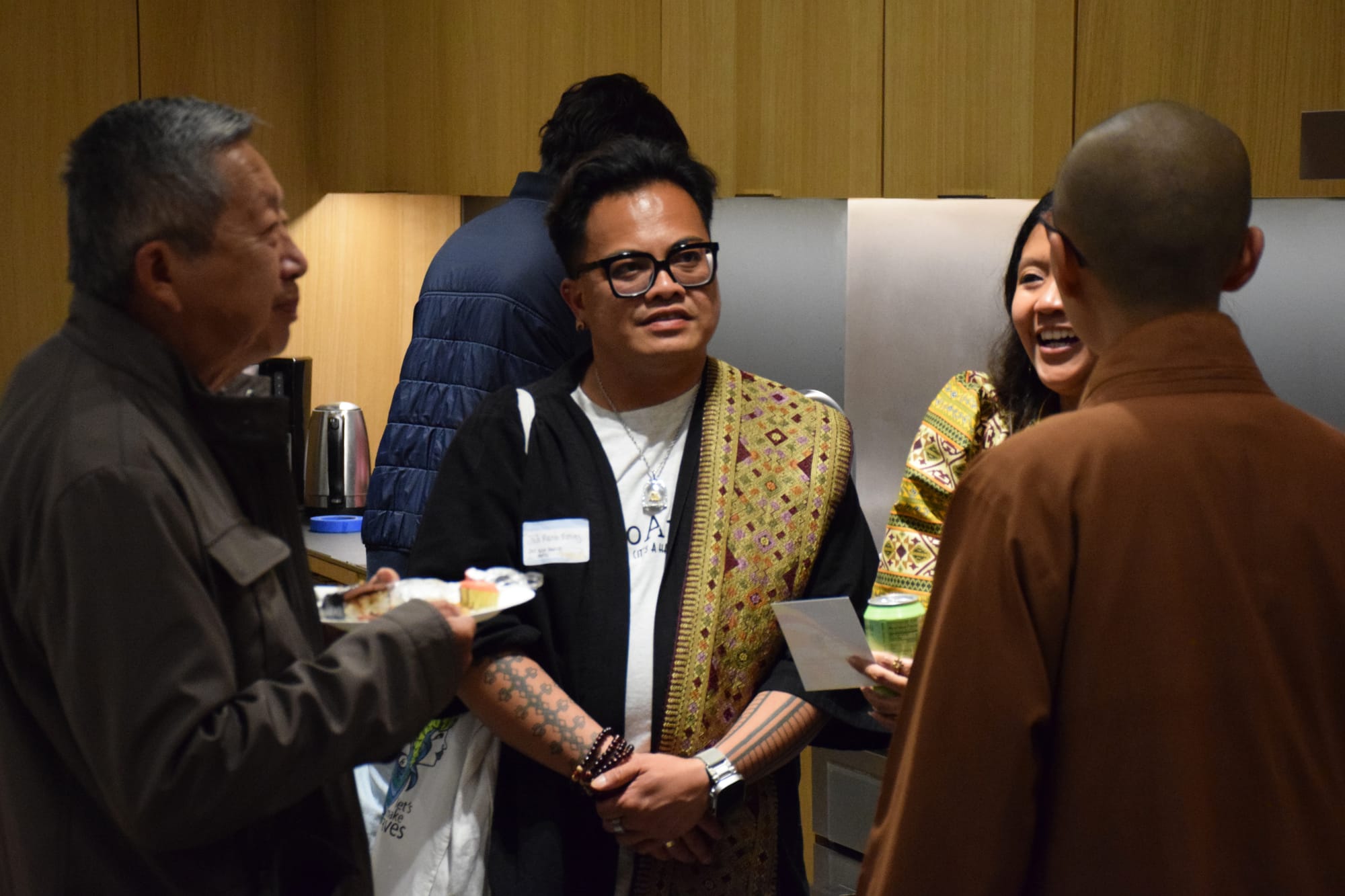
Community leaders said a more nuanced understanding of identity and belonging is especially vital as AANHPI communities face pressing challenges, including a growing youth mental health crisis.
The San Diego Foundation study also found that suicide is the leading cause of death among AANHPI youth ages 15 to 24. That finding led the foundation to create a grant program to help support their mental health throughout San Diego.
The grant applications are currently under review, and Gulamhusein said she’s feeling hopeful about what the impact will be once the selections are made.
“I'm really hoping that through AANHPI Heritage Month and through the AANHPI fund, we're going to start to celebrate the leadership, the philanthropy, the giving, the incredible work that so many AANHPI folks here do in San Diego,” she said. “I also am really hoping that we can start to change the conversation about what critical needs our communities might face.”
Now more than ever, Macapugay said it is important for people from different racial and ethnic backgrounds to understand they’re often impacted by the same issues, like immigration, aggressive policing and a lack of support for mental health.
Working together can lift up community voices and lead to policy changes, Macapugay said, as was the case in the passing of Angelo’s Law, the statewide ban on police restraint tactics that can cause asphyxiation, including knee to neck holds. Gavin Newsom signed the ban into law following the December 2020 killing of Filipino American Angelo Quinto in Antioch.
“A lot of people think that law enforcement issues and the lack of support for mental health and other types of emergency response only affects the Black community or other communities, but that also impacts API communities,” Macapugay said.
Ruanto-Ramirez said it’s important to connect with the community all throughout the year, not just during the heritage month.
“You have to prove your allyship, and you could also lose your allyship,” Ruanto-Ramirez said. “To understand the community, that's the educational framework that people should be doing.”


